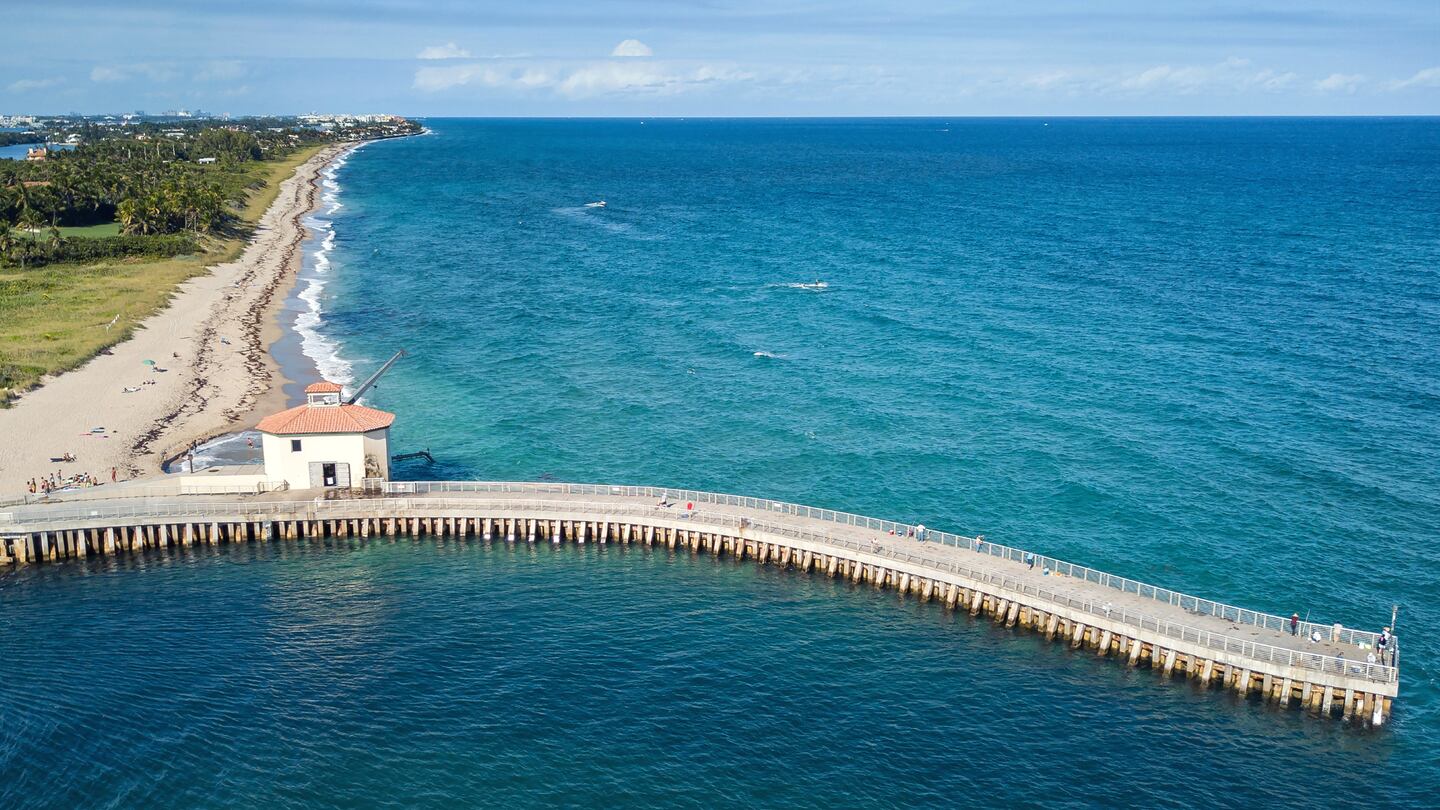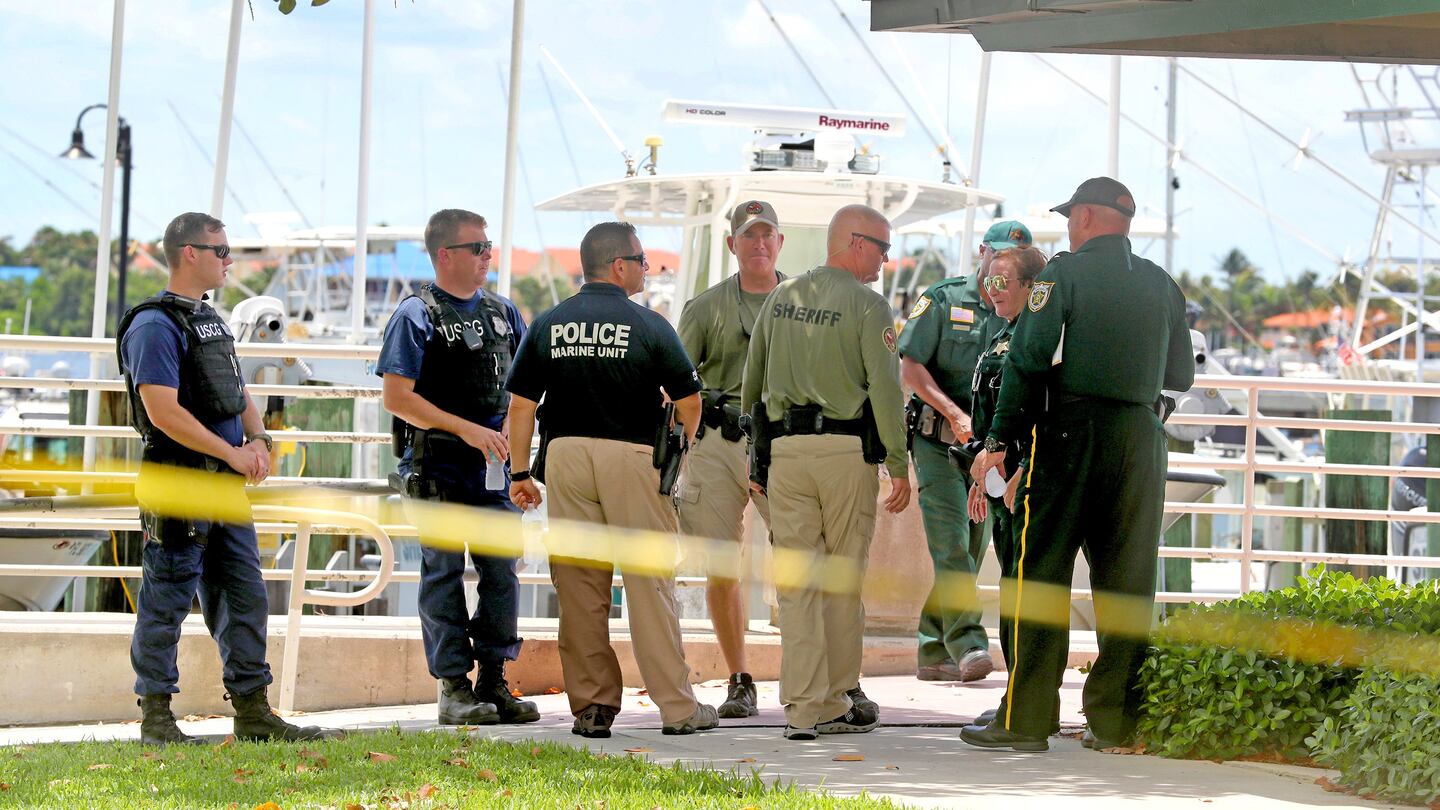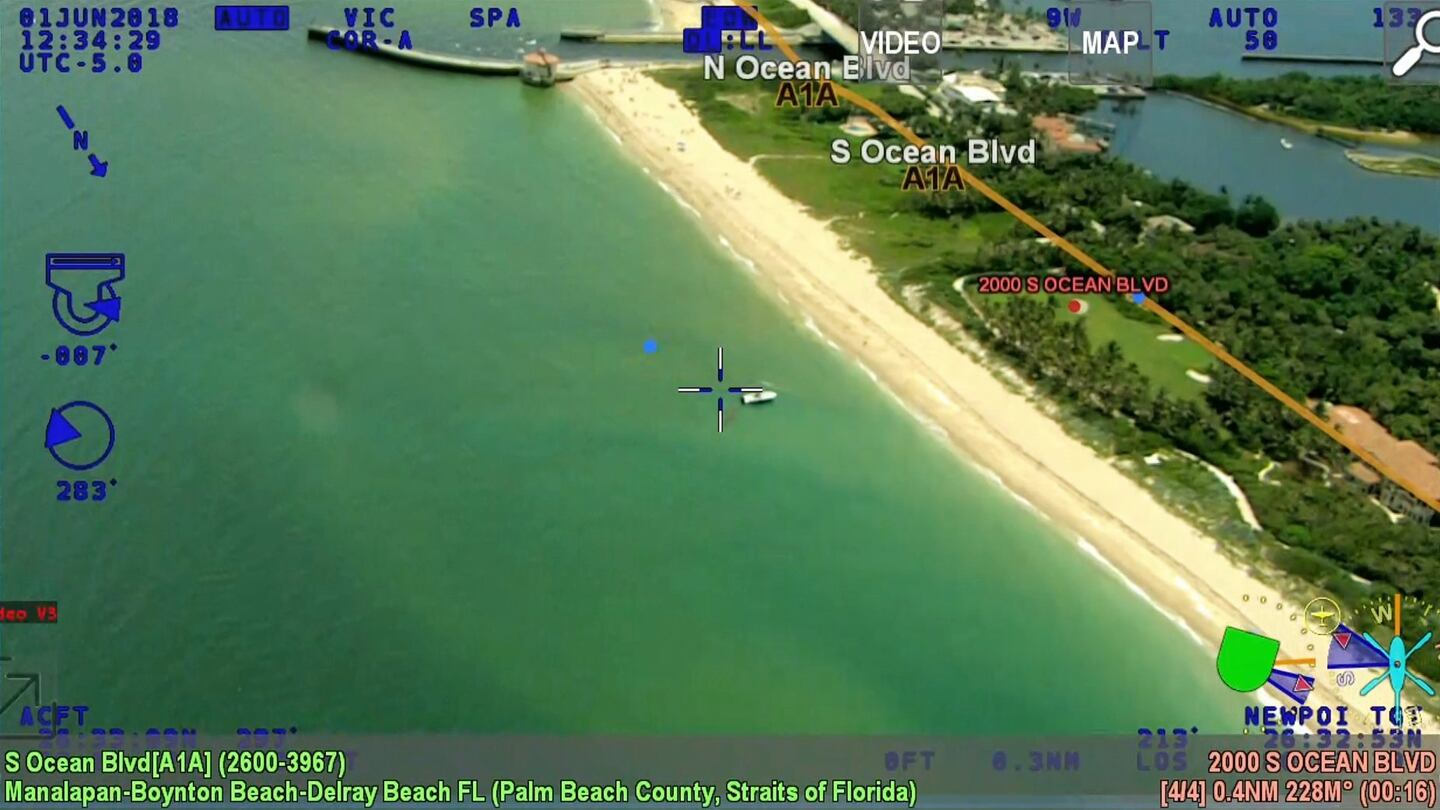PALM BEACH COUNTY, Fla. — The infant never had a name.
An off-duty firefighter fishing with his son on June 1, 2018, came upon the newborn girl’s body floating off the Florida coast on the ocean side of the Boynton Beach Inlet. She was a healthy, full-term child under 14 days old.
Authorities determined the girl had been in the water for a day or two, and her death was ruled a homicide.
Investigators trying to identify the child called her “Baby June,” after the month in which she was found. Over the next four years, they would spend countless hours trying to learn what happened to the infant and who was responsible for her death.
On Thursday, authorities announced that the infant’s mother is in custody. Arya Singh, 29, of Boynton Beach, faces a charge of first-degree murder.
>> Read more true crime stories
Authorities announce arrest in Baby June case. @cbs12 pic.twitter.com/zpvc7WcQFX
— Al Pefley (@PefleyAlCBS12) December 15, 2022
“It was four years ago that I stood in front of these same cameras and asked for the public’s support in trying to figure out what happened and who this unidentified child was,” Palm Beach County Capt. Steven Strivelli said at a news conference. “I’m very, very happy to announce that today, we have all those questions answered.”
Singh, a security guard at Lynn University in Boca Raton, was in the Palm Beach County Jail on Thursday awaiting a bond hearing.
Watch below as Palm Beach County authorities announce the arrest in the “Baby June” case.
“Today is a good day for justice,” said Dave Aronberg, the state attorney for Palm Beach County.
Palm Beach County Sheriff Ric Bradshaw told reporters it has been a long and painful road for detectives involved in the case.
“I guarantee you, when you see a newborn infant floating in the ocean, that somebody has discarded like a piece of trash, it tugs at your heart,” Bradshaw said.
When found, Baby June had no obvious signs of trauma. Her umbilical cord had been cut and she had a needle mark on her foot, which told detectives she had been born in a medical facility.
According to Strivelli, detectives reviewed more than 700 birth records from Broward and Palm Beach counties. Their search was unproductive.
Investigators also followed about two dozen tips from the public, including those called in after the department announced a $10,000 reward for information on the child. Again, they found nothing leading to the newborn’s identity.
“We were starting to look like we were headed towards a dead end,” Strivelli said Thursday.
It ultimately took the child’s DNA and genetic genealogy to heat up the cold case.
Det. Brittany Christoffel explained how the case against Singh unfolded.
Investigators had previously had genetic testing done that showed the baby was 50% Central Asian and 50% African. Their best lead came, however, when they plugged the girl’s genetic data into Family Tree DNA, a public database that people use to find long-lost relatives.
Detectives built the infant’s family tree and came upon the identity of her father, who had no idea the girl existed, investigators said. The unidentified man was able to point them toward Singh, his former girlfriend.
“He was very cooperative. He knew nothing about this baby,” Christoffel said. “He knew that he had a girlfriend around that time that told him she had been pregnant but had ‘taken care of it.’
“He was thinking she perhaps had an abortion.”
BREAKING NEWS: State Attorney Dave @aronberg joins @PBCountySheriff Bradshaw and detectives to announce arrest of mother in Baby June homicide case from 2018. pic.twitter.com/zpmmd59XT7
— State Attorney, Palm Beach County (@StateAttorney15) December 15, 2022
Once they had Singh’s name, detectives surreptitiously obtained her DNA from a piece of trash she discarded, the detective said. The sample indicated she was Baby June’s mother.
Another sample obtained after Singh was in custody confirmed the match.
Over the next several months, Christoffel and her investigative team built their case against Singh, who authorities allege is “solely responsible for the baby ending up in the Boynton Beach Inlet.”
Singh’s cellphone records and GPS data from 2018 showed that she had been at the Boynton Beach Inlet on May 30, about 40 hours before the infant’s body was found. Her Google Search records also showed she had searched for news articles about the discovery of the baby in the days and weeks afterward.
“She did see the first articles on June 1, about 5 p.m., so she did know about that,” Christoffel said. “She’s never come forward in all this time,” Christoffel said.
When detectives interviewed Singh on Thursday, she reportedly admitted that she was the newborn’s mother but said she had not known she was pregnant until she gave birth on May 30. She said she could not tell if the child was born dead or alive.
By the time Baby June went into the water, she was dead, Singh told investigators.
Christoffel said Thursday that authorities believe the baby was alive when she was thrown into the ocean.
WATCH: Here is video of deputies arresting the mother of 'Baby June,' the newborn found dead in the Boynton Beach Inlet four years ago. @PefleyAlCBS12 is following the story today.
— WPEC CBS12 News (@CBS12) December 15, 2022
Read more: https://t.co/6vI2PLvIsl pic.twitter.com/X9LkeI9sio
The detective said Singh told police she chose the Boynton Beach Inlet in which to dump the baby because she “liked that area.”
“She didn’t know what to do with her, and she still had her with her, and she just decided that’s where she was gonna dispose of her,” the detective said.
Singh was “very nervous” during questioning and was “mostly worried about herself and her future,” Christoffel said.
Authorities said the Baby June case is the first in which Palm Beach County investigators have relied on genetic genealogy to solve the crime.
Bradshaw said it will not be the last.
“It’s a whole new world as far as technology is concerned,” the sheriff said.
©2022 Cox Media Group






